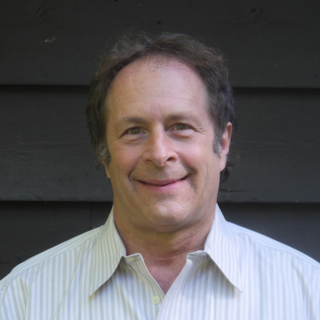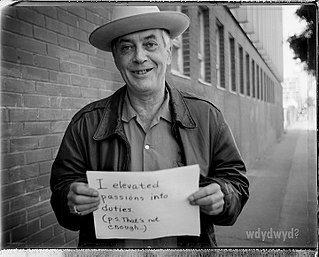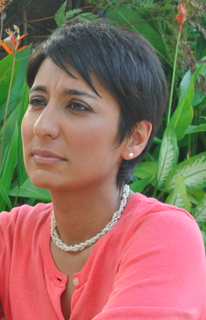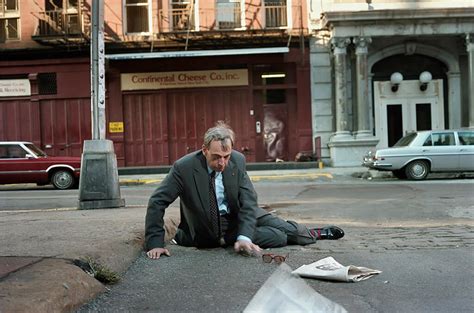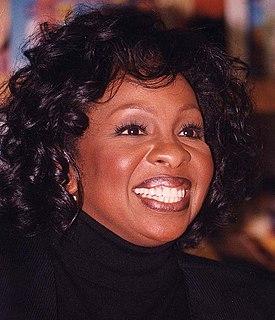A Quote by Karl Iagnemma
It's a cultural question. Will people want to share cars?
Related Quotes
Shared ownership will always mean that you will never sell as many cars as might have been sold without shared mobility... if people are sharing cars, then obviously you are going to sell less cars than would have been sold otherwise. But it doesn't mean that you will have a deceleration in private cars; it just means that the growth will be lower.
The cultural integration of psychedelics won't happen overnight, and the question of young people is perhaps the most difficult involved. The first step is for people who have knowledge of these substances to share it, "coming out" about their own experiences. Drug education should be honest and present a balanced picture of risks and benefits.
Countries will cooperate with each other, and are more likely to cooperate with each other when they share a common culture, as is most dramatically illustrated in the European Union. But other groupings of countries are emerging in East Asia and in South America. Basically, as I said, these politics will be oriented around, in large part, cultural similarities and cultural antagonism.
If Uber is lower-priced, then more people will want it. And if more people want it and can afford it, then you have more cars on the road. And if you have more cars on the road, then your pickup times are lower, your reliability is better. The lower-cost product ends up being more luxurious than the high-end one.
If you are angry you will share anger, if you are greedy you will share greed, if you are full of lust you will share your lust. We can share only that which we have, we cannot share that which we don't have. This has to be the fundamental thing to be remembered; hence the first step is meditation and the second step is compassion.
I'm asking Muslims in the West a very basic question: Will we remain spiritually infantile, caving to cultural pressures to clam up and conform, or will we mature into full-fledged citizens, defending the very pluralism that allows us to be in this part of the world in the first place? My question for non-Muslims is equally basic: Will you succumb to the intimidation of being called "racists," or will you finally challenge us Muslims to take responsibility for our role in what ails Islam?



